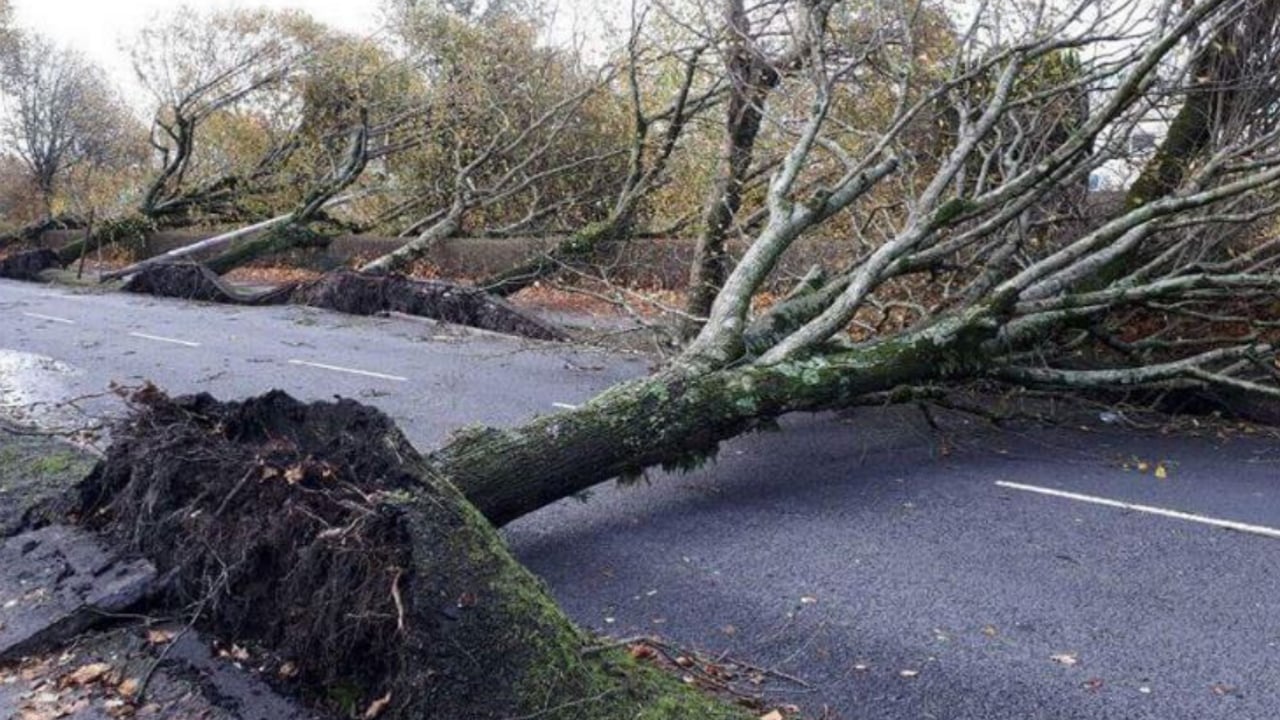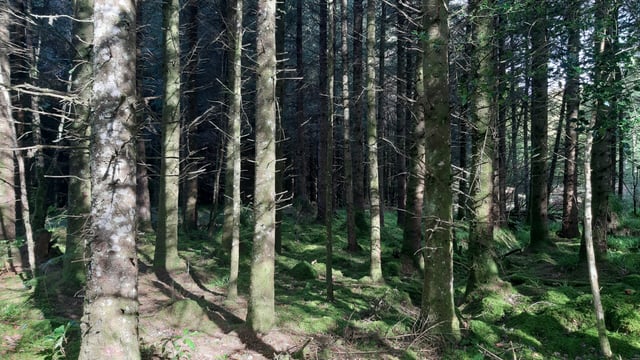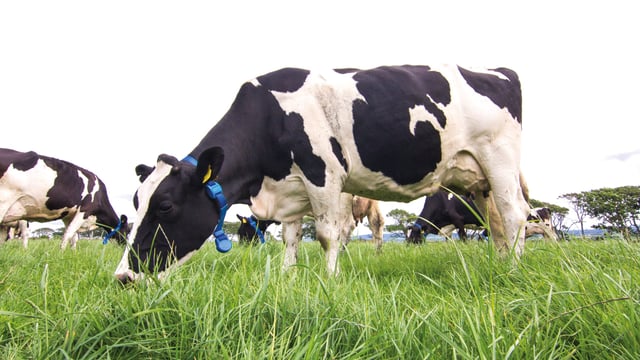RSA urges road users to take 'extreme care' during Storm Ashley
The Road Safety Authority (RSA) has appealed to road users to take extreme care over the weekend as Storm Ashley arrives.
Met Éireann has issued Status Orange and Yellow weather warnings for some very strong winds ahead of the first named storm of the season.
A Status Orange wind warning will be in place for Galway and Mayo from midday until 9:00p.m on Sunday (October 20).
While a Status Yellow warning for strong winds, which currently applies to all counties, will come into force at 6:00a.m on Sunday (October 20) and remain in place until midnight.
Storm Ashley will bring very strong and gusty southerly winds, coupled with high spring tides.
Coastal flooding and large coastal waves are expected as well as dangerous conditions at sea and dangerous travelling conditions.
The RSA is warning of difficult road conditions with the potential for fallen trees and debris as well as damaged power lines.
Road users in areas affected are advised to exercise caution and check local traffic and weather conditions before setting out on a journey.
The RSA has given the following advice to motorists on foot of the weather warnings:
- Drivers need to slow down and allow a greater braking distance between themselves and the vehicle in front in wet weather conditions. This is especially important on high-speed roads such as dual carriageways and motorways where there is increased danger of aquaplaning;
- Take special care when driving behind goods vehicles, as they generate a considerable amount of spray, which reduces your visibility. Hold back to where you can see their mirrors;
- If the road ahead is flooded, choose another route. Do not attempt to drive through it. Flooded roads that appear shallow could be deeper than you think. The verge may have subsided and there may also be trees or branches that have fallen that may not be visible;
- Road users should always follow recommended routes and obey signs closing roads to traffic that have been put there by the local council or An Garda Síochána;
- After going through water, drive slowly with your foot on the brake pedal for a short distance - this helps to dry the brakes;
- Be Safe. Be Seen. Drive with dipped headlights at all times to ensure that you are visible and that you can see other road users;
- Beware of objects being blown out onto the road. Expect the unexpected;
- Watch out for falling / fallen debris on the road and vehicles veering across the road.
- Control of a vehicle may be affected by strong cross winds. High-sided vehicles and motorcyclists are particularly vulnerable to strong winds;
- Drivers should allow extra space between themselves and vulnerable road users such as people cycling and motorcyclists as they may be blown off course by strong winds.
The RSA has offered this advice to road users including pedestrians, cyclists and motorcyclists:
- Walk on the right-hand side of the road, facing traffic if there are no footpaths;
- People cycling should ensure that they and their bike are visible to other road users by investing in a good set of front and rear lights (white at the front, red at the back) and by wearing clothes that help you be seen on your bike. Consider wearing high visibility material;
- Take extra care when crossing the road or cycling in extremely windy conditions, as a sudden gust of wind could blow you into the path of an oncoming vehicle;
- Be Safe. Be Seen. Visibility and light are reduced in poor weather conditions. Keep safe by making sure you can be seen. Wear bright clothing and consider wearing high visibility material.
Meanwhile, the National Directorate for Fire and Emergency Management (NDFEM), Met Éireann and other stakeholders met today to discuss the current weather warnings in place for Storm Ashley.
Local Authority Severe Weather Assessment Teams (SWATs) will continue to monitor conditions locally and Local Authorities have their emergency response teams in place, ready to respond where and when necessary.
ESB Networks has said that fallen live wires are dangerous and is advising the public and the emergency services to stay away from these fallen cables and to report such cases to it immediately.
The ESB Emergency Services team can be contacted at 1800 372 999.
Keith Leonard, national director of the National Directorate for Fire and Emergency Management, said that people should stay away from coastal areas during the storm.
“Also, dangerous travelling conditions are possible and road users should pay particular attention to the risk posed by fallen trees and flying debris as trees are in full leaf.
"There is a potential for tidal flooding in coastal areas, especially in southern and western counties.
"In addition to this, heavy persistent showers are expected, which in turn may lead to surface flooding in urban locations," he said.





